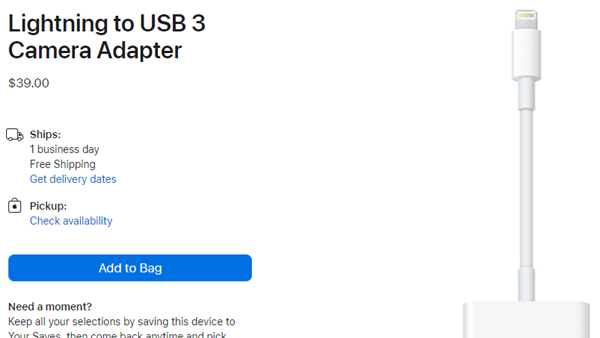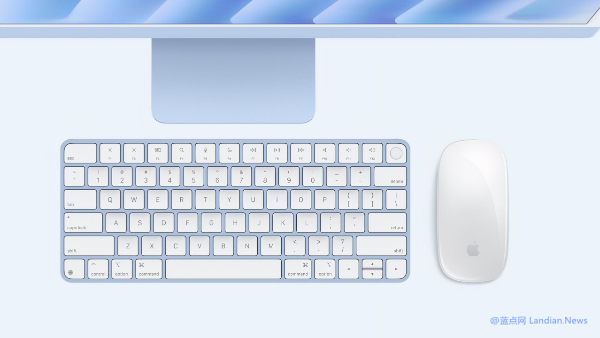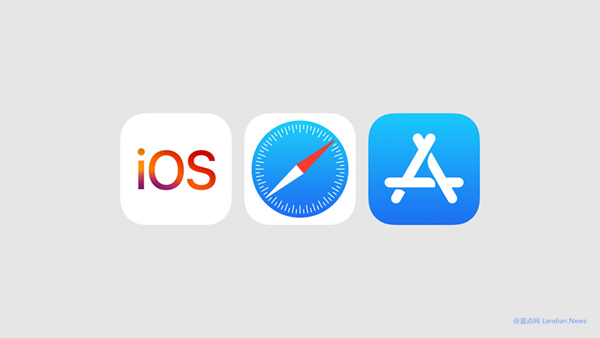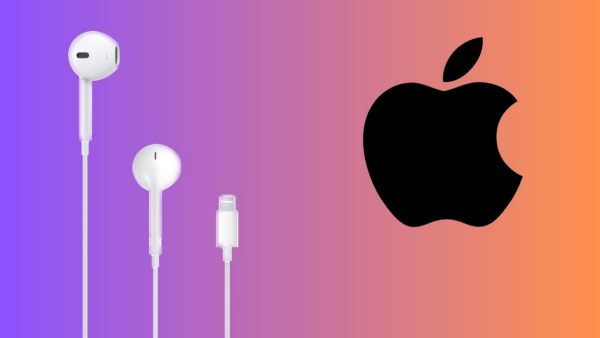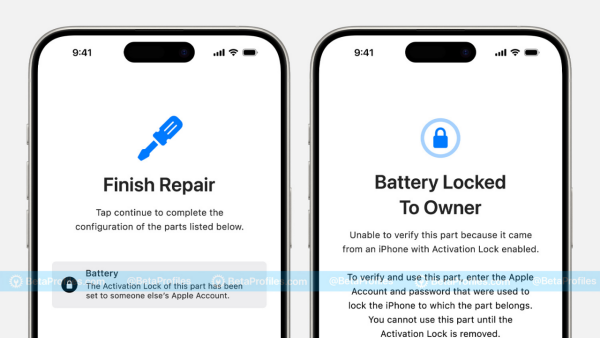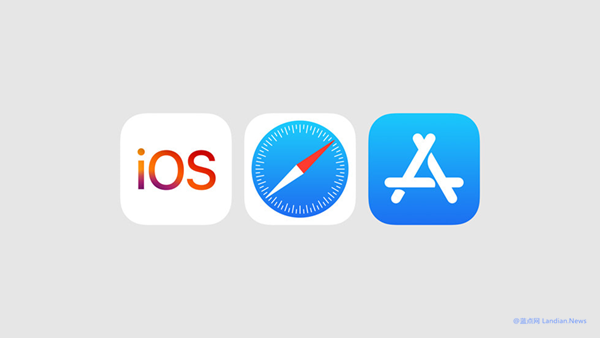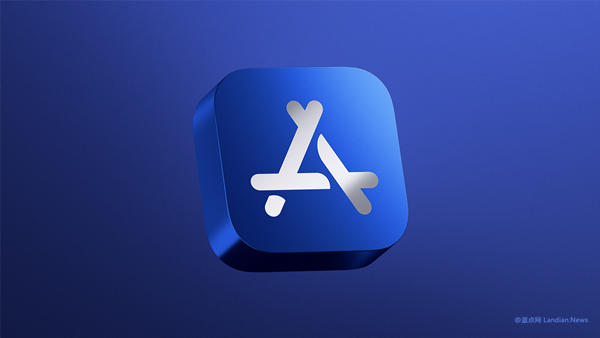EU Initiates Preliminary Investigation into iPad/iPadOS: Apple's Restriction on Third-Party Accessory Interoperability in Question
The European Commission has always kept a close eye on Apple, having previously compelled the tech giant to open up its App Store and browser engine among other measures, enhancing market competition to the benefit of consumers — at least, for those in the EU.
However, the focus has predominantly been on the iOS platform, with relatively fewer restrictions on iPadOS. Now, the EU is considering a different issue: whether Apple's accessories like AirPods and Apple Pencil also engage in regulatory violations.
While there's no claim that the accessories themselves breach any regulations, the question is whether iPadOS restricts interoperability to only Apple's own accessories for the optimal user experience.
The European Commission stated in an official press release:
The Commission will now closely assess whether the actions taken concerning iPadOS fulfill the obligations under the Digital Markets Act (DMA). The assessment will also be based on feedback from relevant stakeholders. Should the Commission conclude that Apple's solutions do not comply with the DMA, formal enforcement action will be taken according to the Act's provisions.
The investigation primarily focuses on the interoperability of accessories with iPadOS. According to the EU, Apple should provide the same API interfaces to both its own and third-party accessories, allowing the latter to achieve full functionality akin to Apple's official accessories.
Apple believes it has provided ample support for third-party Bluetooth accessories, but the reality appears that using third-party headphones or styluses on the iPad does not offer as satisfactory an experience, not in terms of quality but in the functionality provided, compared to Apple's official accessories.
Though iPads hold a significant market share in the tablet sector, their overall share in the digital product market remains low, not deeming them a 'necessity' for users, which could explain the relatively fewer restrictions by the EU on iPad.
The EU might take several months to obtain preliminary investigation results. An announcement will be made regarding whether formal enforcement actions will be initiated against Apple. If found in violation, Apple will be required to make necessary amendments within a set deadline or face a fine of up to 10% of its global annual revenue from the previous year.


